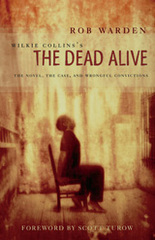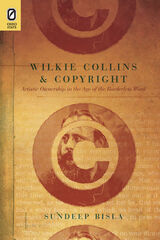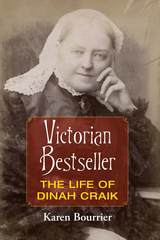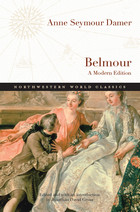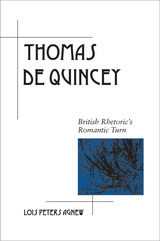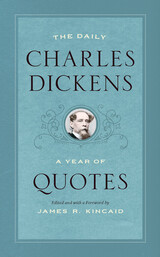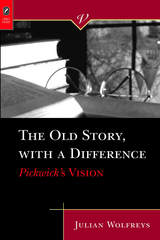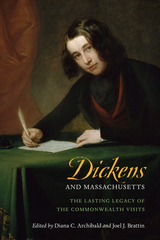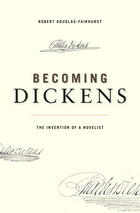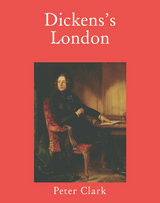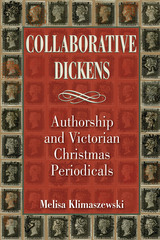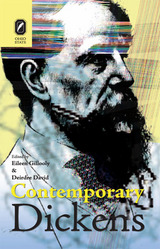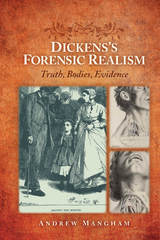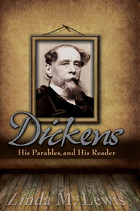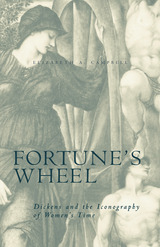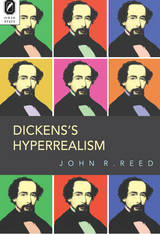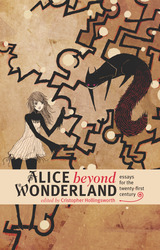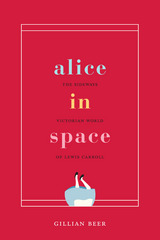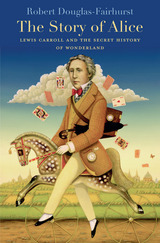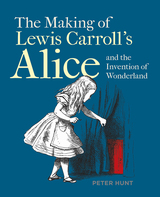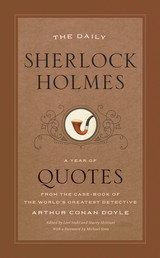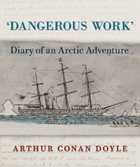Dickens The Novelist
Rutgers University Press, 1979
eISBN: 978-0-8135-6676-4 | Paper: 978-0-8135-0881-8
Library of Congress Classification PR4588.L36x 1979
See other books on: 1812-1870 | Criticism and interpretation | Dickens | Dickens, Charles | Novelist
See other titles from Rutgers University Press
eISBN: 978-0-8135-6676-4 | Paper: 978-0-8135-0881-8
Library of Congress Classification PR4588.L36x 1979
ABOUT THIS BOOK
ABOUT THIS BOOK
In The Great Tradition, published in 1948, F. R. Leavis seemed to rate the work of Charles Dickens - with the exception of Hard Times - as lacking the seriousness and formal control of the true masters of English fiction. By 1970, when Dickens the Novelist was published on the first centenary of the writer's death, Leavis and his lifelong collaborator Q. D. (Queenie) Leavis, had changed their minds. 'Our purpose', they wrote, 'is to enforce as unanswerably as possible the conviction that Dickens was one of the greatest of creative writers ...' In seven typically robust and uncompromising chapters, the Leavises grapple with the evaluation of a writer who was then still open to dismissal as a mere entertainer, a caricaturist not worthy of discussion in the same breath as Henry James. Q. D. Leavis shows, for example, how deeply influential David Copperfield was on the work of Tolstoy, and explores the symbolic richness of the nightmare world of Bleak House. F. R. Leavis reprints his famous essay on Hard Times, with its moral critique of utilitarianism, and reveals the imaginative influence of Blake on Little Dorrit. Q. D. Leavis contributes a pathbreaking chapter on the importance of Dickens's illustrators to the effect of his work.
See other books on: 1812-1870 | Criticism and interpretation | Dickens | Dickens, Charles | Novelist
See other titles from Rutgers University Press

